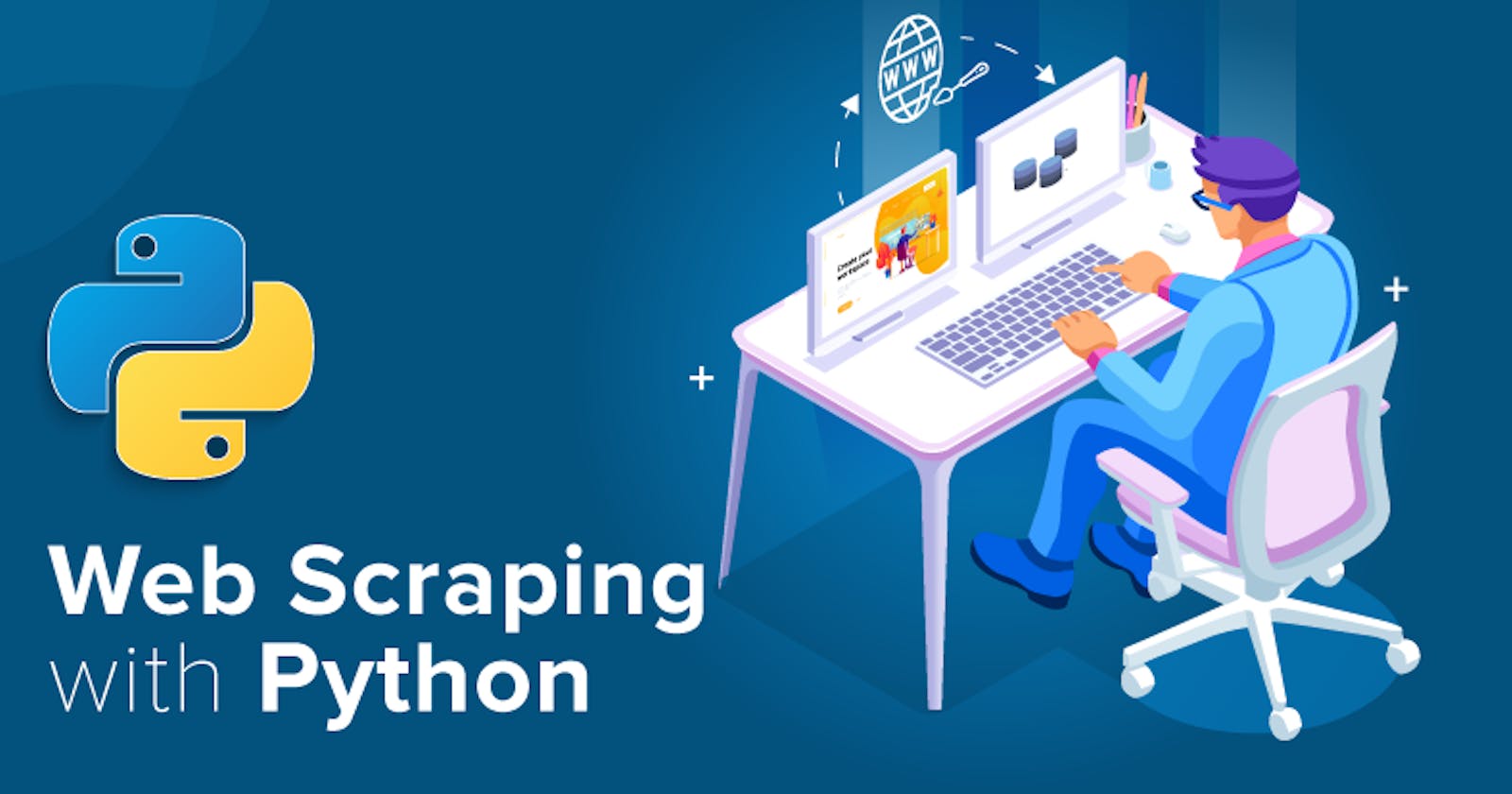Python web scraping is a technique used to extract data from websites. It's a valuable tool for various applications, including data analysis, research, and automation. However, web scraping comes with its challenges. In this article, we'll explore the common challenges in Python web scraping and how to overcome them. We'll also discuss what Python web scraper is and how it works.
Web scraping is the process of extracting data from websites. It's commonly used in various industries, including e-commerce, marketing, and research, to gather information for analysis or automation. Python has become one of the most popular languages for web scraping due to its ease of use and powerful libraries.
What is Python Web Scraper?
A Python web scraper is a program that automates the process of extracting data from websites. It uses web scraping techniques to navigate through web pages, locate relevant data, and extract it for further processing. Python web scrapers can be used for various purposes, such as gathering product information for price comparison, collecting data for research, or monitoring changes on a website.
Common Challenges in Python Web Scraping
Despite its usefulness, Python web scraping comes with its challenges. One of the most common challenges is dealing with website structure changes. Websites often update their layout or structure, which can break existing web scraping scripts. Another challenge is dealing with anti-scraping techniques used by websites to prevent automated access. These techniques can include CAPTCHAs, IP blocking, and user-agent detection.
Overcoming Challenges
To overcome these challenges, developers can use various strategies. For dealing with website structure changes, it's important to regularly update web scraping scripts to adapt to any changes. Using robust libraries like BeautifulSoup and Scrapy can also help in handling website structure changes more efficiently. To bypass anti-scraping techniques, developers can use techniques like rotating IP addresses, using proxies, and spoofing headers to mimic a legitimate browser.
Best Practices for Python Web Scraping
To ensure successful and ethical web scraping, developers should follow best practices. This includes respecting robots.txt files, which specify which parts of a website can be scraped, and avoiding overloading servers with too many requests. It's also important to be mindful of website terms of service and to use web scraping responsibly.
Python Libraries for Web Scraping
Python offers several powerful libraries for web scraping, including BeautifulSoup and Scrapy. BeautifulSoup is a popular choice for parsing HTML and XML documents, while Scrapy is a more comprehensive web crawling and scraping framework. These libraries provide developers with the tools they need to efficiently extract data from websites.
Case Studies
To illustrate the effectiveness of Python web scraping, we'll look at some real-world examples. These case studies will showcase how Python web scraping has been used to gather valuable data for businesses and researchers, highlighting its practical applications.
In Summary
Python web scraping is a valuable tool for extracting data from websites. By understanding the common challenges and best practices, developers can overcome obstacles and harness the power of web scraping for their projects. With the right tools and techniques, Python web scraping can be a powerful tool for gathering valuable insights from the web.
Frequently Asked Questions
Q: Is web scraping legal?
A: Web scraping is legal in most cases, but it's important to respect website terms of service and robots.txt files.
Q: How often should I update my web scraping scripts?
A: It's a good practice to regularly update your web scraping scripts to adapt to any changes in website structure or layout.
Q: Can I use web scraping for commercial purposes?
A: Yes, web scraping can be used for commercial purposes, but it's important to ensure that you have the necessary permissions and are not violating any laws or regulations.
Q: What are some common tools and libraries used for Python web scraping?
A: BeautifulSoup, Scrapy, and requests are some of the common tools and libraries used for Python web scraping.
Q: How can I prevent my web scraping script from getting blocked?
A: To prevent your web scraping script from getting blocked, you can use techniques like rotating IP addresses, using proxies, and spoofing headers to mimic a legitimate browser.
Q: Can I scrape data from any website?
A: While you can technically scrape data from any website, it's important to ensure that you have the necessary permissions and are not violating any laws or regulations.
